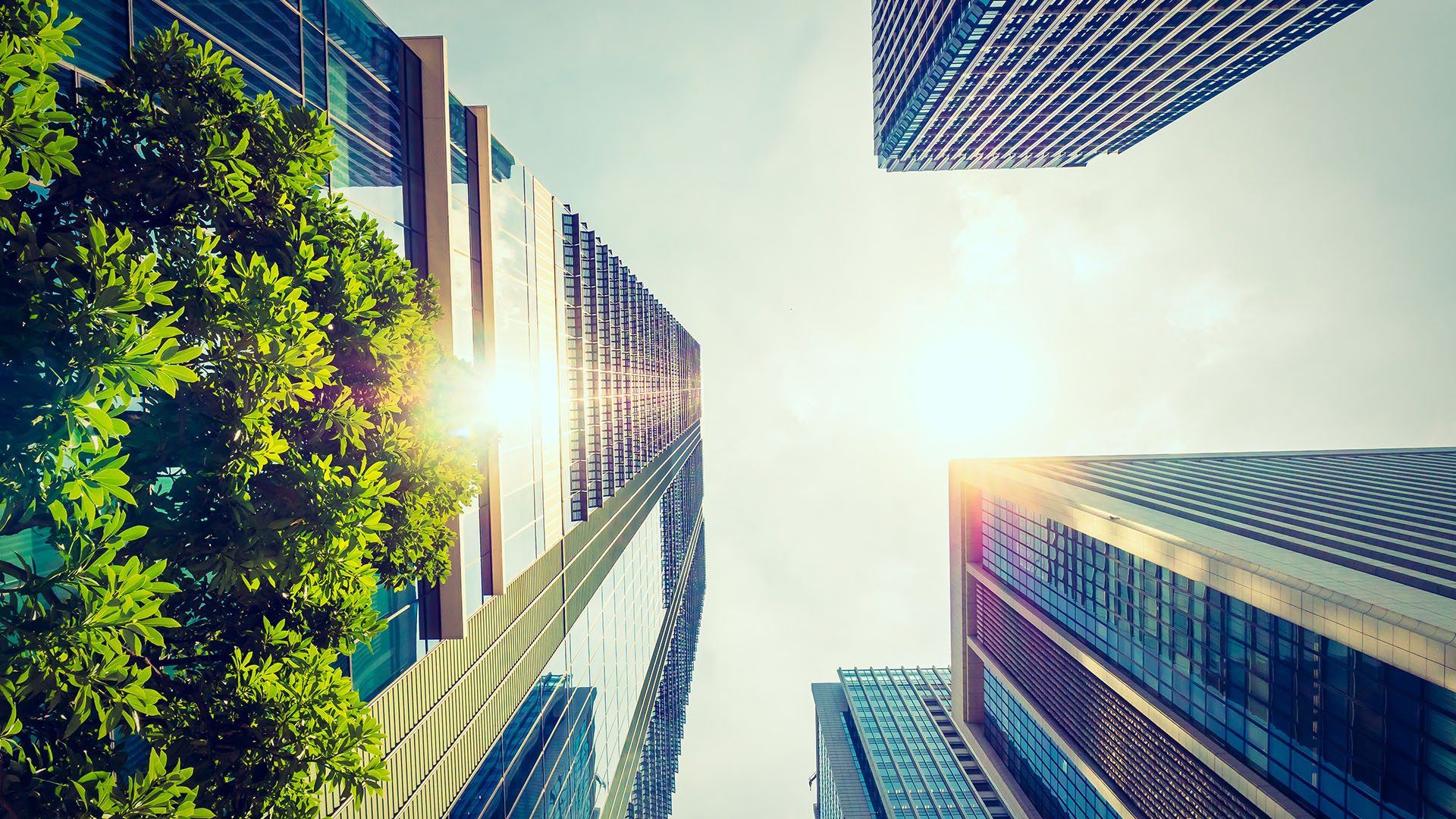MEP (Mechanical, Electrical and Plumbing) consultancy firms play a crucial role in the development of green or sustainable buildings. These firms provide expert advice and design services to ensure that the building’s systems are energy-efficient and environmentally friendly.
The World Green Building Council has estimated that building and construction account for around 39% of the world’s CO2 emissions. MEP engineers who look upon the design of the building model can construct sustainable processes and reduce the impact of the construction industry on the environment as a whole. Proper sizing and selection of equipment on the construction site is key in this process.
One way MEP consultants contribute to sustainable building design is by specifying high-efficiency HVAC (heating, ventilation and air conditioning) systems. These systems use less energy to heat and cool the building, reducing its carbon footprint. MEP consultants also help design plumbing systems that conserve water.
In addition, MEP consultants can also advise on sustainable building materials and construction practices with a move towards a circular economy of renewable energy, waste, and water. For example, they may recommend using recycled materials or sourcing materials locally to reduce the building’s environmental impact.
Sustainable design can have a positive social impact in several ways. For example, by improving environmental quality through the use of sustainable materials and practices, it can reduce health risks from pollutants associated with building energy use. This can lead to cleaner air and water for communities.
Sustainable design can also promote neighborhood restoration by incorporating green spaces and community gardens into building designs. These spaces provide opportunities for residents to connect with nature and each other, promoting social cohesion and well-being.



